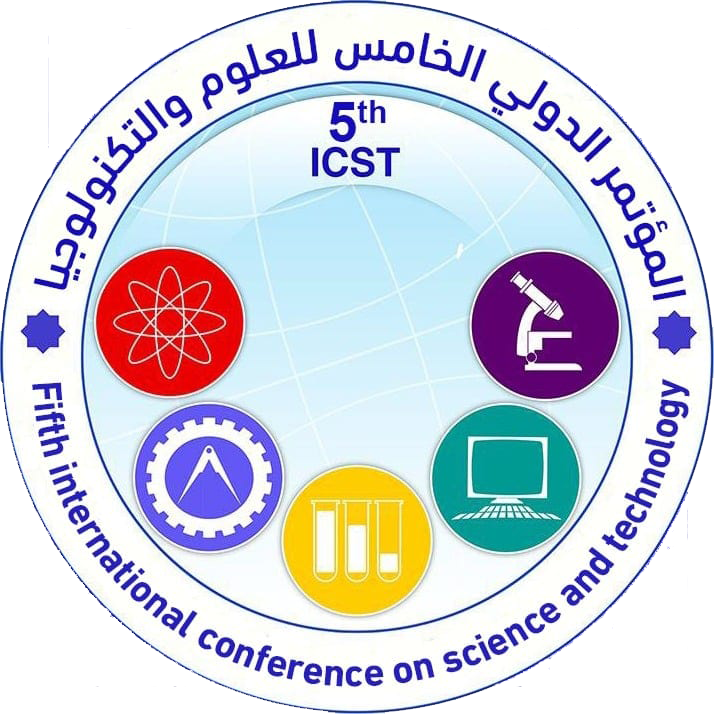The negative effects of waste on the urban environment in the city of Khums (Waste to sustainable energy)
Abstract
Waste is one of the biggest problems faced by some countries of the world, especially in developing countries, and this matter is due to several reasons, including the increasing population density, the lack of awareness among most segments of society, the adoption of incorrect methods to get rid of it, as well as the spread of bad smell and annoying scenes, and for this Solutions had to be found, either through reuse and recycling, or by converting them into energy sources. One of the common problems at the present time is the frequent blackouts in many cities in Libya for long periods, to solve this problem must be found a possibility of providing clean, renewable energy, and as the idea of converting waste into energy sources is not modern, and it is currently considered the third source of energy Renewable. That is why this study was concerned with spreading the culture of using sustainable renewable energies and the role of the faculty member in supporting them. For this, a questionnaire was made and distributed electronically to a segment of faculty members in the Department of Architecture in higher education institutions in Libya.
Full text article
Authors
Copyright (c) 2022 Journal of Pure & Applied Sciences

This work is licensed under a Creative Commons Attribution 4.0 International License.
In a brief statement, the rights relate to the publication and distribution of research published in the journal of the University of Sebha where authors who have published their articles in the journal of the university of Sebha should how they can use or distribute their articles. They reserve all their rights to the published works, such as (but not limited to) the following rights:
- Copyright and other property rights related to the article, such as patent rights.
- Research published in the journal of the University of Sebha and used in its future works, including lectures and books, the right to reproduce articles for their own purposes, and the right to self-archive their articles.
- The right to enter a separate article, or for a non-exclusive distribution of their article with an acknowledgment of its initial publication in the journal of Sebha University.
Privacy Statement The names and e-mail addresses entered on the Sabha University Journal site will be used for the aforementioned purposes only and for which they were used.

